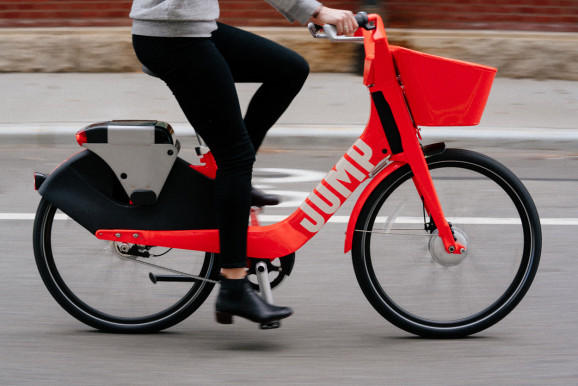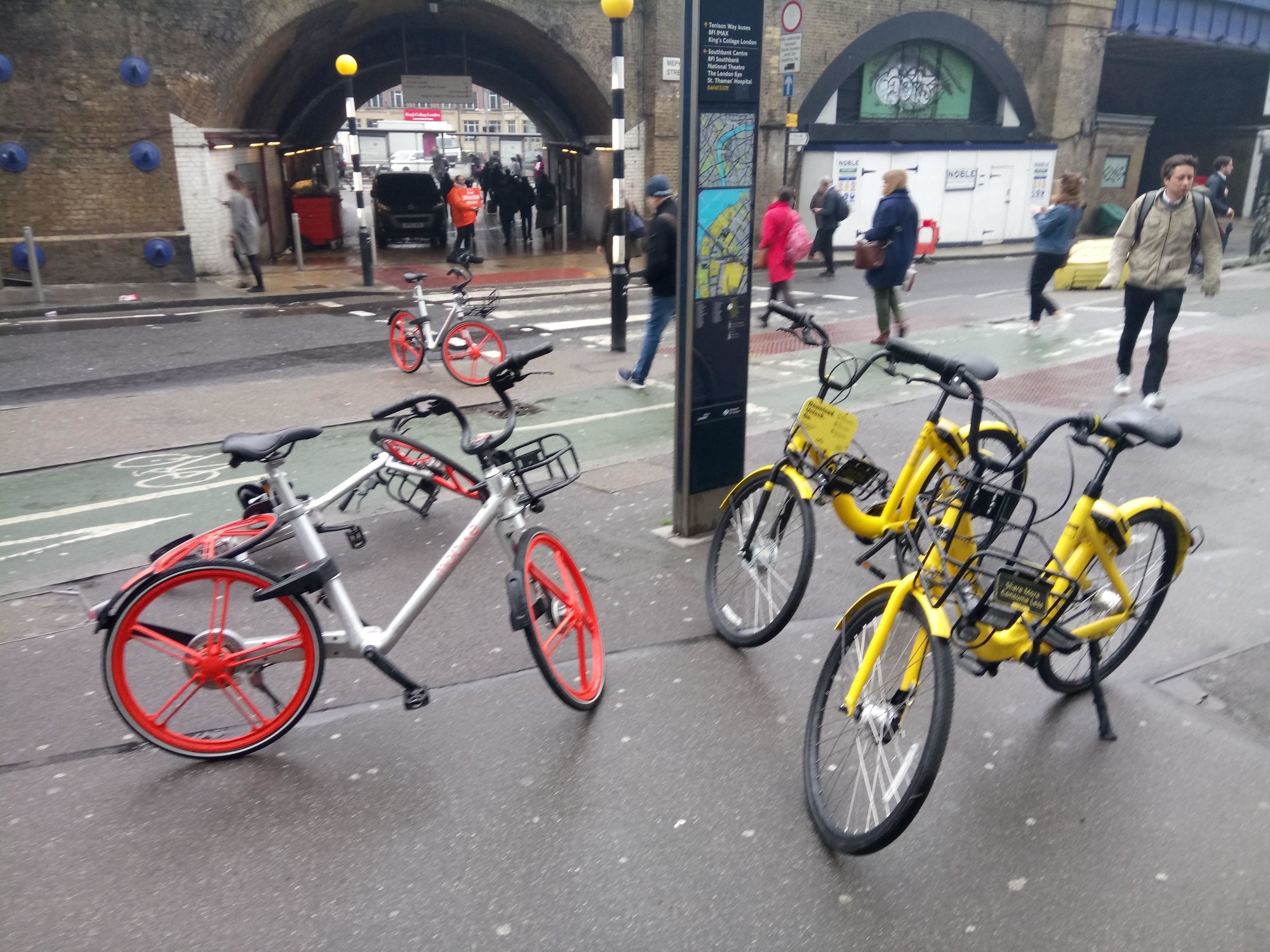Verbification is something which brands often aspire to - namely that their company (or application/service) becomes used as a verb in popular culture. Examples might include "Why don't you Google it?", "I'm going to Shazam that [music]", "Make sure you Strava your run, so I can check out your route", or to a long-standing example - "I'm going to Hoover the carpets".
And of course Uber have achieved this accolade too - "Uber it home" and "Just Uber it" are frequently muttered by cosmopolitan city dwellers all around the world. But what of Uber's future - will verbifaction be a constraint for them in future of transportation?
Uber plays a dominant role in the fast-moving field of urban mobility, and for a significant population in cities around the world, offers a more attractive proposition than a private car, public transport, or traditional taxi. Innovations like ride-sharing have helped keep costs down for customers further.
The developments of powertrain electrification, collaborative consumption (the 'sharing economy'), autonomous vehicles and V2X technologies are opening-up new commercial models; But with these technological and societal changes comes an even bigger prize - 'Mobility as a Service', or MaaS. This concept delivers:
- Seamless integration between multiple modes of transport, from walking and cycling, through to trains, trams and of course on-demand services
- Innovative ticketing and billing solutions, minimising costs for customers and providing a single source of journey history
- Reduced congestion and pollution as perceived barriers to public transport and cycling are reduced
And in the last few weeks or so, two announcements from Uber would suggest that, perhaps inevitably, they would like to play a dominant role in these emerging ecosystems.
Uber acquires bicycle-sharing startup Jump
Bicycle-sharing schemes have become commonplace in most urban centres, with the original approach of docks (e.g. 'Boris Bikes' in London, and one of the original but currently challenged Velib in Paris), now being challenged with dockless schemes like those from Ofo and Mobike:
In the U.S., Uber has acquired Jump, a start-up that combines the dual convenience of dockless bikes, with electric pedal-assist.
From a sustainability perspective, this is a really positive move for Uber, and helps add more weight towards the inevitable tipping-point towards mass-adoption of cycling in city centres.
The second announcement starts to reduce the friction between changing modes of transport - in this case between an Uber ride-sharing journey, and traditional public transport. Masabi's global leadership in mobile ticketing and SaaS solutions, integrated into the Uber App, will surely help the movement of people across cities, reduce barriers to public transport uptake, and be another nail in the coffin for private car ownership.
So, with Uber's global leadership, I'm optimistic these moves are sending a strong message into the industry that 'Mobility as a Service' (MaaS) will enter the mainstream in the coming years, and coupled with EV adoption rates rising, should have a positive benefit for air pollution, congestion an even waistlines!
So, in the future, people may indeed still 'Uber' around the city, but perhaps it will mean something all together more varied than sitting in the back of a Prius...


